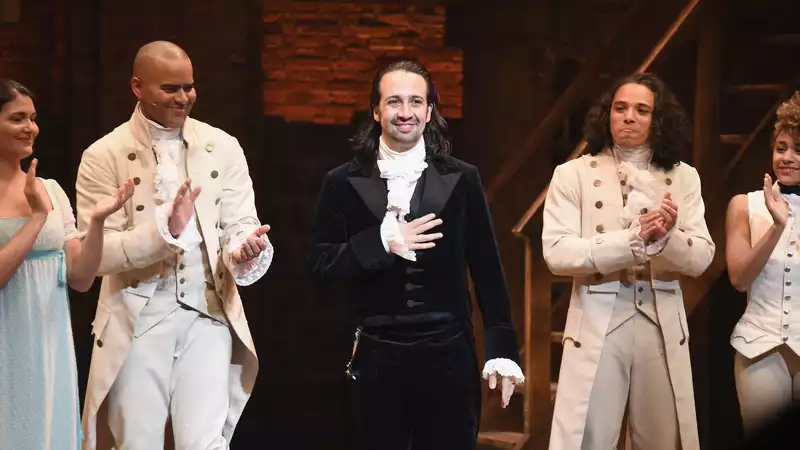
Explaining the "Hamilton Cancellation" Backlash
The award-winning musical "Hamilton," which appeared on our television screens through Disney+ on July 3, was able to reach a new audience that was unable to see the original production. (Open in new tab) One of the most diverse musicals in Broadway history, Lin-Manuel Miranda's "Hamilton" features an up-and-coming cast including Dave Diggs, Renée Ellis Goldsberry, Leslie Odom Jr. and other white historical figures. reimagined with immensely talented actors - black, indigenous, and people of color. This, as some critics have pointed out, is both the greatest strength and the greatest challenge of this beloved musical.
The argument that has received the most attention: that many of the white historical figures in the musical, perhaps including Hamilton himself, owned slaves. This is something that Miranda addresses obliquely in the musical, but that Hamilton does not fully take into account (although, again, it is a complicated reframing because the casting changes change the nature of the story they are telling (It is). The dialogue about such aspects of musicals began in the heyday of musicals, but is now being brought back into the public consciousness, especially since we live in a very different era: Hamilton was originally released in 2015 and performed during the last few years of the Obama presidency.
Historians, fans, and even Miranda have weighed in on the controversy.
The extensive FAQ in the New York Times (open in new tab) is really worth your time if you want a full account of everything Hamilton may have covered up, chose not to address, or changed. But there are a few outstanding ones:
Filmmaker Ava DuVernay spoke candidly about Hamilton as a historical figure:
She later wrote that while Miranda chose not to centralize slavery, "He neither denied nor ignored it. He did not deny or ignore slavery. He made his own choices about it. I enjoyed this piece immensely and after watching it, I was driven by wild curiosity. If it weren't for #Hamilton and @Lin_Manuel, I would not have studied any of those 'founders'."
And this is the sort of point that many critics have drawn, that the energy and care of the storytelling, and the enthusiasm and diversity at its core, means that more people have learned about the historical figures represented. The musical is more about history than it is about the characters:
And the production itself provided opportunities for BIPOC actors.
Tracy Clayton, screenwriter and host of the "Strong Black Legends" podcast (opens in new tab), posted a thread with her thoughts. The full thread is here, but here are a few quotes: "The play and film Hamilton gave us two different worlds. She said she appreciated the criticism of the play about slave owners not focusing on slavery. She explained that the second phase of the play could be a nuanced discussion." Hamilton is an imperfect play about imperfect people, written by imperfect people, and it gave my imperfect, imperfect little life a big boost when I needed it most.
Miranda responded:
He explained that "all criticism is warranted" and said he, too, had wrestled with the immense complexity of the subject. 'I spent six years cramming as much as I could into a two-and-a-half hour musical. I did my best."
Watch "HAMILTON" on DISNEY+ (opens in new tab)
For more stories like this, including celebrity news, beauty and fashion advice, savvy political commentary, and fascinating features, sign up for Marie Claire's newsletter.
Click here to subscribe (opens in new tab) [27]

Comments